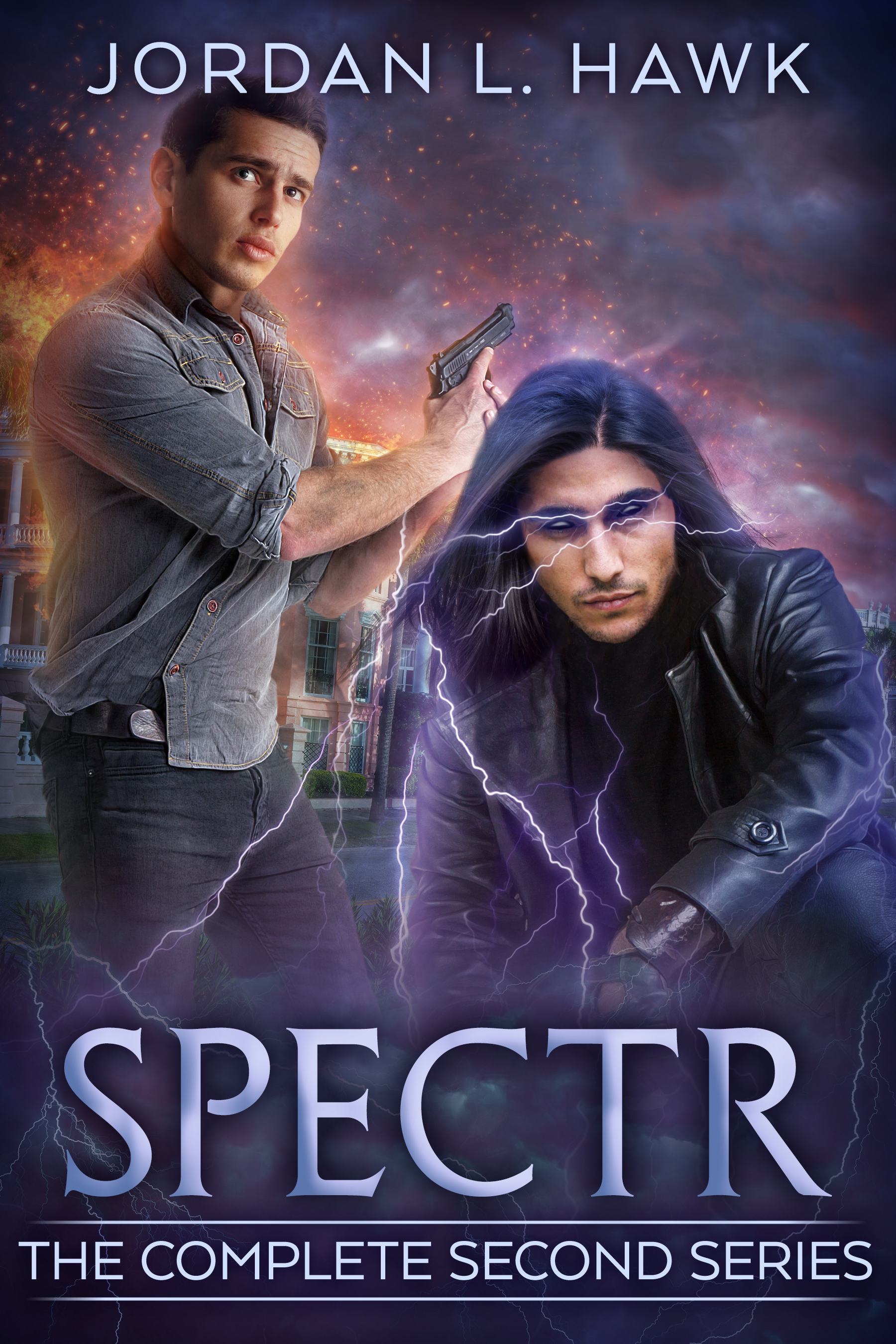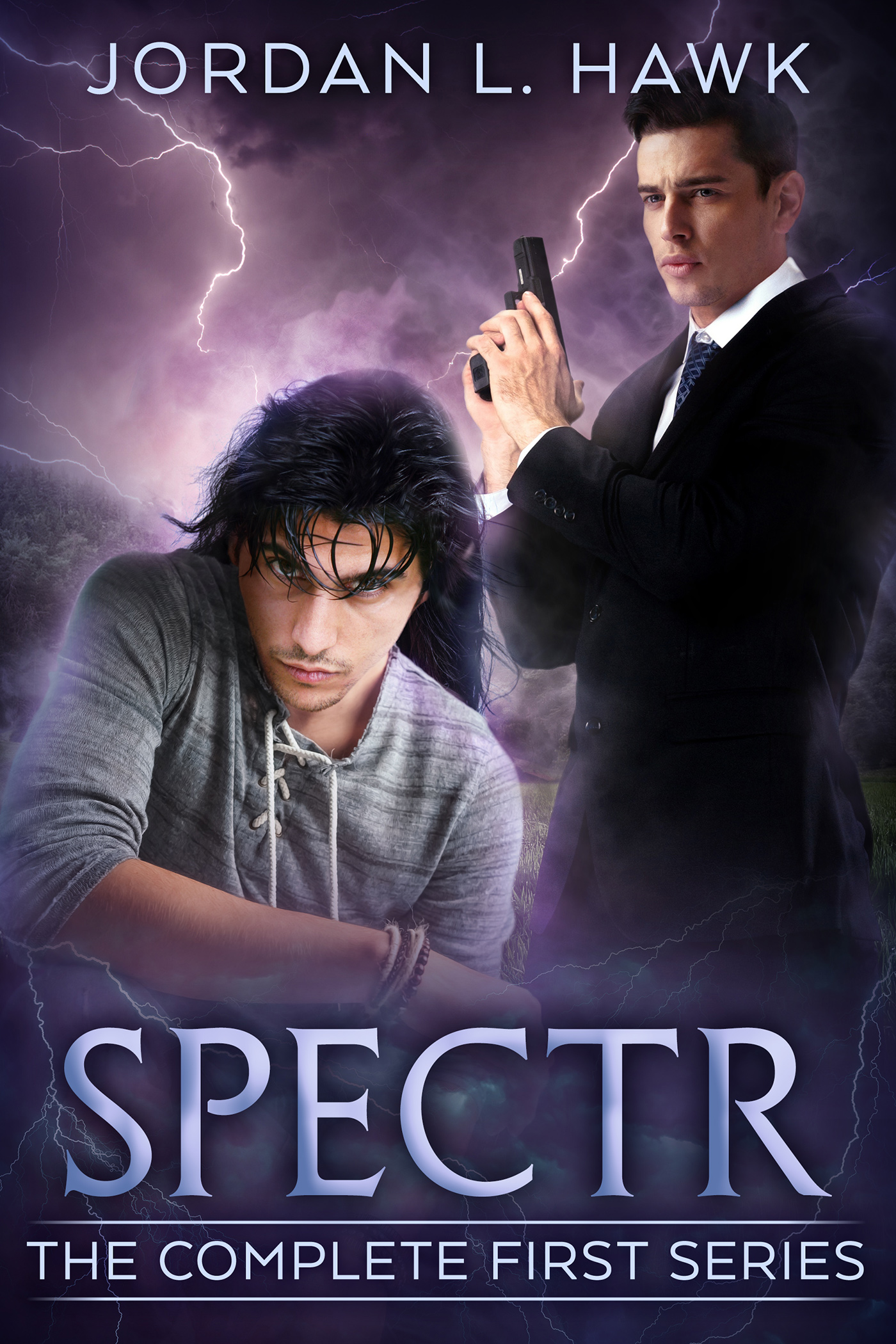... it is generally delightful when an alligator makes an obscure 'Waiting for Godot' reference. [loc. 1870]
Jay and Lev have been together for thirteen years. Both have superpowers -- Jay can manipulate water, Lev can talk to animals (though only pests and nuisances) -- but it's Jay who's been working on improving his powers. And Jay who's just been awarded a medal for saving lives during a local flood. And Jay who's now being recruited for a high-powered super-hero job three thousand miles from home.
Lev feels that he's being left behind: but he's never wanted more than the 'the tiny, trivial, thrift-shop music box of a life' that he and Jay have built. He'd like to carry on performing, with Jay, their little magic show in the park. He tries to enhance his own powers, with the help of a mysterious mentor: but that doesn't work out quite as expected. And though the animals he talks to are as full of advice and admonishment as Jay's family and Lev's own mother, Lev isn't ready to simply fall in line with Jay's plans.
On the one hand, I really liked the world-building here: the super-powers visited upon a tiny fraction of the world's teenagers one day in 1960, and inherited by their children; the 'cliche' of naming powered children alliteratively (Jay Jantzen, Levon Ludlow, Audrey Avila); the nihilist chipmunks, philosophical cockroaches and hateful snakes. On the other hand, I found Lev an uncomfortable narrator, because his lack of confidence and constant anxiety were so clearly and vividly written, and so raw. And the tension between Lev and Jay, with attendant arguments and dishonesty, was really painful and upsetting to read.
There is a happy ending of sorts (HFN, in romance parlance) -- and, apparently, a sequel in the works, which I shall need to read in the hope of more resolution ... and also more alligators! -- but for all its lightheartedness and wit, this is an emotionally devastating novel which I wish I'd read at a happier and more stable time.
Or perhaps, thinking about it, at a time when I felt less constrained by the state of the world. After all, You First is, in part, a novel about choosing the life you want, the future you deserve ...














